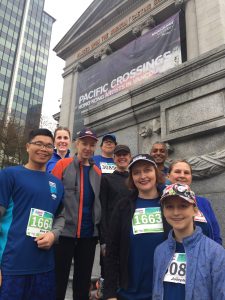The ANSO building is opened Mondays through Fridays at 7:00 a.m. and locked at 6:00 p.m. Please be sure not to create opportunities for others to enter if you are in the building outside of these times. This means that doors should not be propped open nor windows left open in an unoccupied space.
The Head and the Administrator allocate offices and keys. See the Main Office staff to request a key for your office. The UBC Parking & Access will send you an email when your key is ready for pick up from their office. Your UBC card will provide access to the building on off hours. Bring your UBC card to the Main Office to have it activated for building entry.
If you would like someone else to use space assigned to you, you must have prior approval. If you want someone else to have key access to a space for which you have been allocated a key, you must ask the Administrator to request a temporary key assignment.
If you require space for a project, please submit a request describing the time frame, the space required, and any other particulars that would help the Head assign the space effectively.
For occasional space needs (for meetings, etc.), contact the Main Office (soci.dept@ubc.ca).
Teaching related items can be mailed via the out-box in the mailroom. Please assure the proper tab is clipped to the envelope indicating mailing within Canada or abroad. This includes departmental correspondence, all matters relating to courses, references for students, etc. Please use your research grants for research related mailings.
